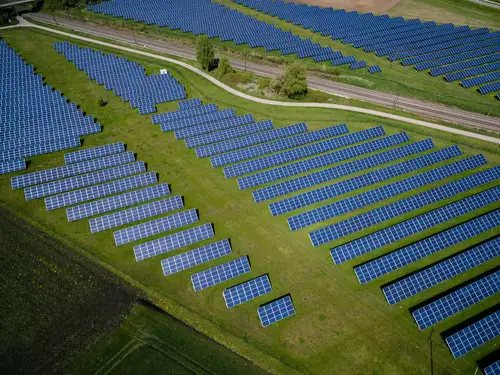On Sunday, Bloomberg reported that the German government is going to need to allocate over $1 trillion by 2030 in order to confront the the risks and challenges to the German economy arising from the energy crisis, as well as to comply with an ambitious plan to shift the nation to a green energy infrastructure. The report was based on an analysis of data from multiple sources, provided by Bloomberg’s primary research service.
The costs will include an overhaul and modernization of the nation’s power grids, as well as a phase out of the nation’s nuclear and coal power plants. Much of the overhaul will be required due to the growing demand placed on the power system from increasing numbers of electric vehicles, as well as increased heating demands from the population. On top of that, German authorities will be obligated to meet previously agreed to climate commitments.
Bloomberg’s report cited data generated by the nation’s network regulator as well as think tank Agora Energiewende, which showed that Germany will have to install roughly 250 gigawatts of new capacity by 2030 due to a projected 30% increase in power demand over the nation’s current consumption by that time.
According to Bloomberg’s analysts, the planned transition to a more green energy infrastructure is predicted to require the construction of about 43 soccer fields worth of new solar panel installations and an additional 1600 heat pumps every day. On top of this, the nation’s green plan will require the construction of 27 new onshore wind farms and four new offshore wind farms every week.
Earlier in the month, Bruegel, the Brussels-based think tank, noted that EU nations have spent almost €800 billion (nearly $846 billion) on emergency support measures as the bloc continues to struggle under the pressure of climbing energy prices.
Bruegel noted that subsidies for households and businesses, designed to help them pay their soaring energy bills amounted to a €681 billion bill for the bloc, with Germany topping the list of subsidizers, having spent almost €270 billion. Behind Germany were the UK, Italy, and France, each spending roughly €150 billion.

